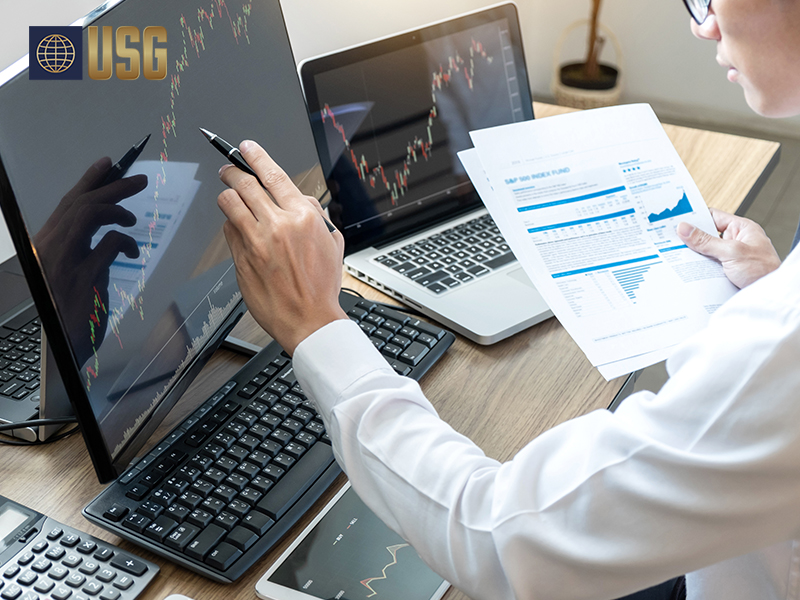EDUCATION CENTRE
17 February 2022
Different Types of Forex Brokers

When it comes to choosing a broker, the first thing you hear about are terminologies such as DD, NDD, MM, STP and ECN. Inexperienced traders may find these terms confusing, but they are actually quite simple. Here is a guide to help you understand the terminology, who they are, what they do, how they work and which one suits you better.
So in general, Forex Brokers can be categorized into two types according to how the trades are processed. One of them is Dealing Desk, and the other is Non-Dealing Desk.
DD are usually referred to as Market Makers. The MM Broker, as its name suggests, creates a market and artificial Forex exchange rates for their clients to trade on. Traders are trading against the platform itself, with orders placed only within the closed market and never enter the global forex market. The Market Makers countertrade with traders and make profit from the losses of traders. They can manipulate the price, even terminate trades when the situation turns against their favor. In other words, MM Brokers are like bankers, no matter what game they play, they have higher chance of winning and withhold players’ money, which is unfavorable to players.
NDD as its names suggests, has no dealing desk. The NDD Brokers do not countertrade with traders but act as the connection between traders and banks, so the orders go straight into the open market. There are 2 types of NDD Brokers, the STP and the ECN.
Straight Through Processing, the STP, is the type of broker that send the orders traders place directly to the liquidity provider. Some STP Brokers connect to a single liquidity provider while some connect to multiple. The bid and ask prices from each liquidity provider may slightly differ from one another, and the broker will match the orders with the best available price. The more liquidity providers a broker is connected to, the better the liquidity will be, and thus the smoother orders are executed.
Electronic Trading Network, the ECN brokers, allow traders to trade with other traders. ECN brokers will put orders traders placed directly into the open market where the orders will be matched with matching reversed orders. Participants could be banks, retail traders, hedge funds, and even other brokers. In essence, participants trade against each other by offering their best bid and ask prices. The true interbank market rates can be seen directly by all participants in the market.
How do STP and ECN brokers make profits? Take the supply chain for example, liquidity providers are wholesalers, and STP and ECN brokers are retailers. Retailers make profit from the price difference between wholesale and retail price.
Here are some simple tips to help you preliminary identify you’re the broker you are looking to trade with. DD brokers usually have low and fixed spread, and they can provide instant execution. There would also be many requotes and slippages happening with DD brokers. For NDD brokers, they usually provide floating spreads, and spreads can be different according to the volume of trading.
Before you make your investment, feel free to reach out professional account managers at USG. USG offers 24-hour personalized client support based on your preferences and needs.
Disclaimer:
Trading Foreign Exchange Currency Pairs (FX / FOREX) and/or Contracts for Difference (CFDs) on margin carries a high level of risk to your capital. These derivatives may not be suitable for all investors.

